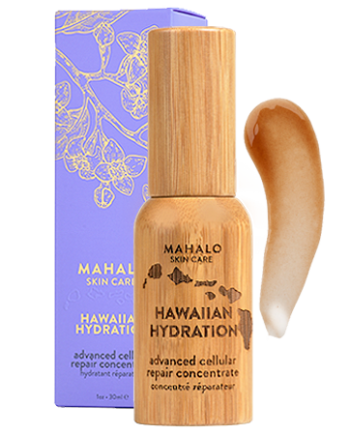Retinol, Vitamin A, Provitamin A, Retinoic Acid, All-Trans-Retinoic Acid and more, these are the commonly used words in the world of beauty. Lets take a closer look at what do they mean.
Vitamin A
According to studies published in the Archives of Dermatology, Vitamin A applied topically has been shown to improve the appearance of the wrinkles associated with the natural ageing process and how it may help to promote the production of skin-building compounds. Vitamin A along with the derivatives for example the synethic pre-formed type Retinol, have been used for many years for reducing hyper-pigmentation, treating acne and smoothing wrinkles. For many who choose organic skin care it is about using natural products that are as ‘close’ to nature as possible which are bioavailable for our skin to recognise as another single cell structure – not synthetic.
“Buzz words”, explained
Vitamin A
Is a fat soluble vitamin that is also a powerful antioxidant. Vitamin A
plays a critical role in maintaining healthy skin. Vitamin A like all antioxidants are involved in reducing inflammation through fighting free radical damage. Vitamin A is found in two primary forms:
1. ‘Active Vitamin A’ – Most often is from animal-derived foods and is called retinol. This “pre-formed” Vitamin A can be used directly by the body; it does not need to first convert the Vitamin.
2. ‘Beta Carotene’ The other type of Vitamin A, which is obtained from colorful fruits and vegetables, is in the form of “pro Vitamin A” namely carotenoids.
Trans-Retinoic Acid
Is a synthetic prescription drug commonly used to treat acne and aging skin.
Retinoic Acid
Is a member of the over 4,000-strong family of retinoids, which are compounds derived from retinol or vitamin A, or compounds structurally similar to it. Vitamin A itself is derived only from food, and cannot be made in the body.
Retinol
Synthetic form of Vitamin A, derived from Retinoids in a laboratory or from animal sources such as Cod liver oil or egg yolks. Retinol is one of the Retinoids, or derivatives of Vitamin A.
Retinoic Acid is the active form of Vitamin A, you can only get it with a prescription (eg. Tretinoin, or Retin-A)
Retinol applied to skin > transforms into Retinoic Acid
Retinyl Palmitate applied to skin > converts to Retinol > converts to Retinoic Acid
Sunscreen must be worn during the day when using any synthetic Retinoid as the skin more sensitive to the sun.
Natural Trans-Retinoic Acid
Naturally occurring vitamin A found in Rosehip oil. It elps to prevent premature ageing caused by sun exposure. Helps to speed cellular turnover and increase collagen production for brighter, more radiant skin. It delivers the ability to repair the skin’s surface, reduce skin pigmentation, restore elasticity and protect against environmental stressors that lead to fine lines and wrinkles.
Pre-formed vitamin A
Simply means in a form that your body readily uses.
Beta-carotene or Provitamin A
Is a type of carotenoid that’s found in plants. It’s known as a Pro-vitamin A carotenoid because it needs to be converted to active Vitamin A by the body. Also acts as an antioxidant that helps protect the skin from ageing and improves the appearance of sun damaged skin.
Natural Sources of Retinoic Acid
We have chosen to use natural sources of Retinoic Acid and obtain them for the following certified organic botanical raw ingredients :
Seabuckthorn Seed Oil: Omegas 3, 6 + 9 // Low Carotenoid // Vitamin A // Vitamin E
Seabuckthorn Berry Oil: Omegas 3, 6 7 + 9 // High Carotenoid // Vitamin A // Beta Carotene // Vitamin E
Rosehip Seed & Fruit Oil: Beta-carotene // Vitamin E // Omega 3,6 + 9 // Lycopene.
Carrot Oil: Beta Carotene // Lycopine // Vitamin A // Vitamin E // Pro-vitamin A
To preserve the maximum amount of essential fatty acids, vitamins and antioxidants, we use oil which is extracted from Rosehip, Sea Buckthorn and Carrot Root Oils using a heat-free and solvent-free process called supercritical extraction also known as Co2 extraction.
We’d recommend performing a 48 hour patch test before adding new products into your skincare regime. If a reaction occurs, rinse immediately and consult medical advise.

.






